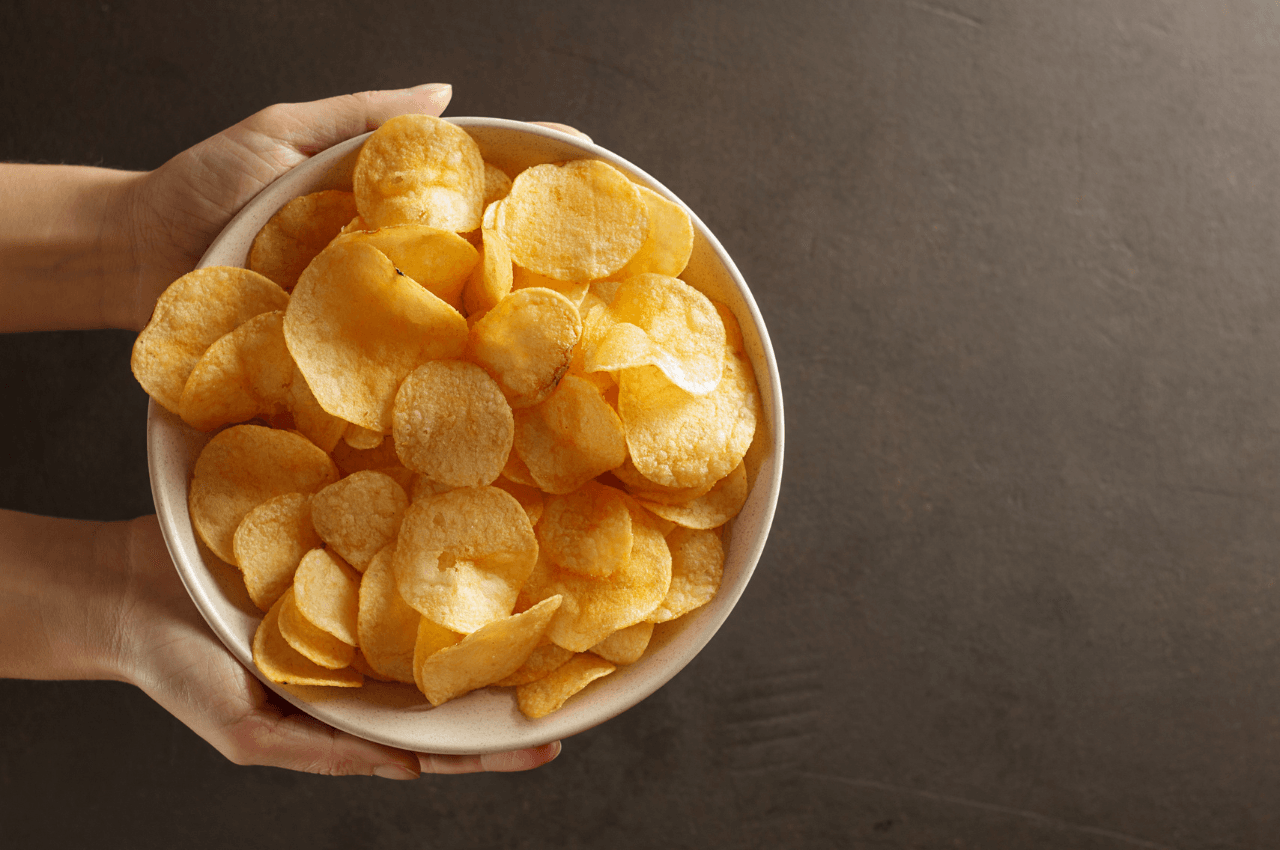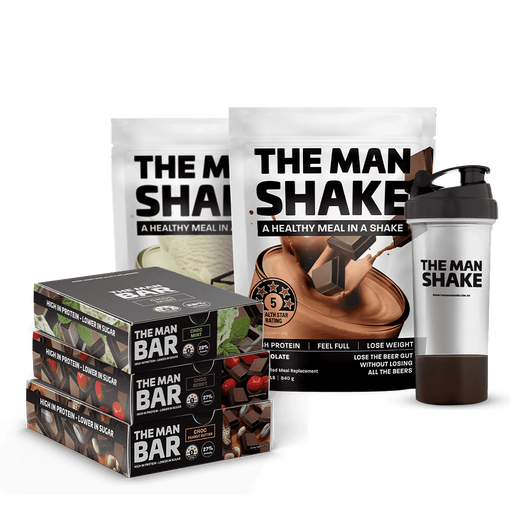How To Avoid Winter Weight Gain
•Weight loss

Share
The seasons are changing, and you can feel that chill in the air starting to creep in. It's getting harder to get up in the morning from the warmth of your bed and you start to notice that you're craving the comforting foods that make you feel all warm inside.
Everyone knows winter is a tougher time to lose weight or even maintain your current weight for that matter.
Why Do We Gain Weight During Winter?
From an evolutionary perspective, being overweight has never posed a serious threat to our survival, while being underweight has. In the winter, our instinct to maintain body fat is stronger than any other season because that’s when was food scares for our ancestors.
It because of that perceived scarcity that University of Exeter researchers believe humans developed a subconscious impulse to chow down on sweet, fatty, unhealthy foods in winter, which is why we run an increased risk of becoming overweight during winter.
How Do We Fight Weight Gain During Winter?
Simply being aware of this evolutionary tendency is step one. (Look, you’re halfway there!)
If you can focus on eating mindfully and understand that your body is likely crave these foods in advance, then you will already have the advantage!
Having said all that, we want all our community to have the best chance at hitting their goal during the winter months, so here are the five best ways to avoid winter weight gain.
Ditch High GI Carbs
Avoid white flour products like white rice, white potatoes, sugar, and sweets since high glycemic carbs can skyrocket blood sugar and insulin, increasing your appetite and promoting the storage of fat.
Eat Fibre-Rich Foods
Instead, fill up on fibre-rich foods such as whole fruits, vegetables, whole grains, and beans. They can keep hunger at bay, stimulate the appetite-controlling hormone leptin, and keep glucose from flooding your blood stream.
Limit Your Sugar Intake
Limit sugar, especially in beverages, sugary cereals, and processed foods (like salad dressings, flavoured yogurts, and packaged dessert snacks), which can trigger insulin resistance and fat storage.
Increase Your Protein Intake
The most natural way to provide longer-lasting appetite control is to consume fish, skinless poultry, whole soy foods, dairy products, eggs, and beans. This will prevent the loss of muscle and help you maintain weight loss.
Eat Your Vegetables
In general, if you’re eating meals made with whole foods and generous servings of veggies, you should feel comfortably satisfied for a few hours.
Be Smart With Your Snacking
If you feel the need to snack in an hour or two, it’s possible your meals are too light and need some tweaking. The best way to succeed is to plan your snacks ahead of time so they're ready to go when the hunger hits.





